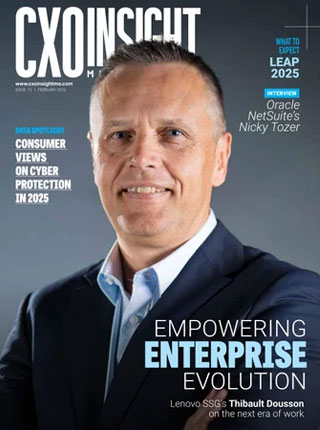The OIC-CERT 5G Security Working Group (WG) has announced the completion of the core OIC-CERT 5G Security Framework in less than eight months after the initiative was launched.
The Framework, now in the hands of the OIC-CERT, consists of a 5G security risk repository, a 5G security baseline technical specification, and a cross-recognition assurance methodology.
The Organization of the Islamic Cooperation- Computer Emergency Response Team (OIC-CERT) is a platform for information sharing and developing cybersecurity capabilities for the members mainly among the Organization of the Islamic Cooperation (OIC) community.
It is an Affiliate Institution of the OIC. The OIC-CERT 5G Security WG is jointly led by Cybersecurity Malaysia, the OIC-CERT permanent secretariat, and Huawei UAE, an OIC-CERT commercial member.
Eng. Badar Ali Al-Salehi, the Chairman of the OIC-CERT said, “It has been eluded on many platforms and occasions that the only way to solve the ever increasing cybersecurity challenge is through collaboration. The OIC-CERT 5G Security working group affirms this viewpoint and we are seeing remarkable progress in addressing some of the security concerns around 5G in general.”
Meanwhile, Ts Dato Dr Amiruddin Abdul Wahab, CEO of CyberSecurity Malaysia, is in the opinion that, “5G is another disruptive technology that all parties have no choice but to embrace it. The OIC-CERT has overcome a major hurdle by defining the requirements in this framework for the OIC community and could not have come at a more opportune time as 5G matures worldwide.”
Ts Mohd Shamir bin Hashim, SVP for International & Government Engagement Division of Cybersecurity Malaysia and Co-chair of OIC-CERT 5G Security Working Group said: “Our objective was to develop a set of guiding principles for the OIC-CERT members on how to address the emerging 5G security threat. Thanks to the support of the WG members and my co-chair, Huawei Dubai. we have delivered.”
A meeting between the co-chairs and the OIC-CERT secretariat team is planned for February 2022 in Kuala Lumpur, Malaysia, where the WG work plan for the year 2022 will be announced immediately after it is finalised in the meeting. The work plan shall address promotion and adoption of the 5G Security Framework within OIC community and outline additional technical work needed to enhance the Framework. The document remains a work in progress due to 5G evolving technological improvements and new application scenarios and there are plans to give a technical presentation of the OIC 5G Security Framework during the GISEC in Dubai in March 2022, bringing the initiative to a full circle as the formation of the WG was also announced at the same event in 2021.
The 5G heralds a new era of digital transformation. But with this progress comes new threats and vulnerabilities because of the vastly expanded attack surface. Adopting IoT, for example, will add a new set of challenges such as the security, safety, and robustness of cyber and physical systems. Therefore, there’s an urgent need to enhance cybersecurity measures proportionate to the threats emerging from digital technology advances. More than ever, cross-border collaboration is key to mitigating cyber threats and that is so true for OIC whose 57 member states are spread over 4 continents, a challenge that is exacerbated by the contrasting maturity of ICT adoption within the countries.










Discussion about this post